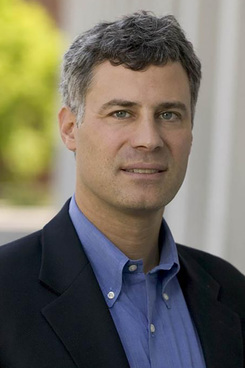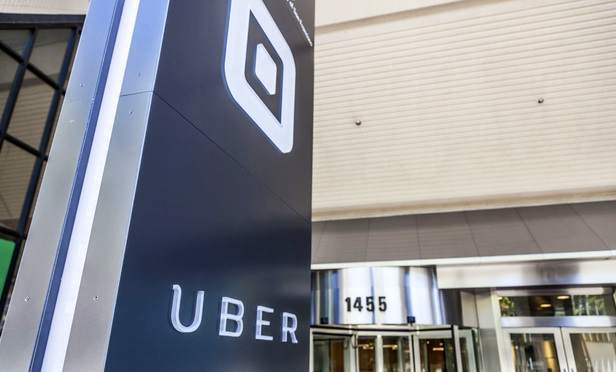Current labor laws and safety nets for workers were developed in a different era and more protections are needed for the growing number of independent workers in the gig economy, a prominent economist said Thursday on Capitol Hill.
Alan Krueger, Princeton University economics professor who served as chairman of President Barack Obama’s Council of Economic Advisers, pointed to proposed federal policy solutions and state initiatives that could address inequities and inefficiencies associated with the independent worker sector of the economy. He suggested there are policy solutions, including changes to tax, benefits and labor laws to extend protections to the growing sector.
“How do we extend a safety net to a large and growing group of workers?” Krueger said during a lecture hosted by The American Academy of Political and Social Science. “The challenge will be in how do we create this in our existing system and extend those protections to the rest of the workforce.”

Krueger’s warnings and policy proposals come at a time when lawsuits and state and local laws have exploded around the country arguing over how to address workers who do not fall into traditional categories, including a debate over classification of these workers in the online economy as independent contractors or employees and whether they have a right to unionize.
He called for more evidence and data and presented a survey he conducted at Princeton assessing more than 10,000 workers who considered themselves self-employed. Krueger’s research suggests that a third of job growth in the U.S. is a result of self-employment and adding contract work, it represents two-thirds over the last decade. Where to put the growing gig economy is more elusive, he said. He said that group is doubling every year. Uber specifically doubles its workforce every six months.
“It’s going to fuel a lot of growth moving forward,” he said.
Krueger pointed to measures in Washington state and New Jersey that provide shared security accounts that put workers in a universal system with health insurance and retirement benefits. These ideas were promoted by Nick Hanauer, Seattle-based entrepreneur and venture capitalist, and union leader David Rolf in 2015.
Krueger also said some companies fear providing benefits to these workers because they then may be forced to classify them as employees. He said “safe harbor” laws could be useful. He also suggested that the gig economy and independent contract workers should receive extended coverage under the Civil Rights Act.
“Self-employment continues to grow and the online economy will fuel that in the future,” Krueger said. “There is a significant, substantial group of people left to their own devices in obtaining their own safety net.”
Krueger’s lecture draws on work he and Seth Harris, former deputy secretary of labor and Cornell University professor, produced in 2015 suggesting a new category of “independent workers.” Establishing that new category, they suggest, could settle the number of growing legal disputes and gray area associated with the gig economy.



